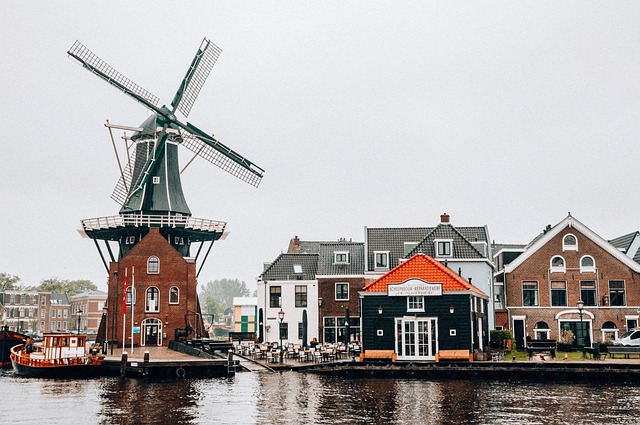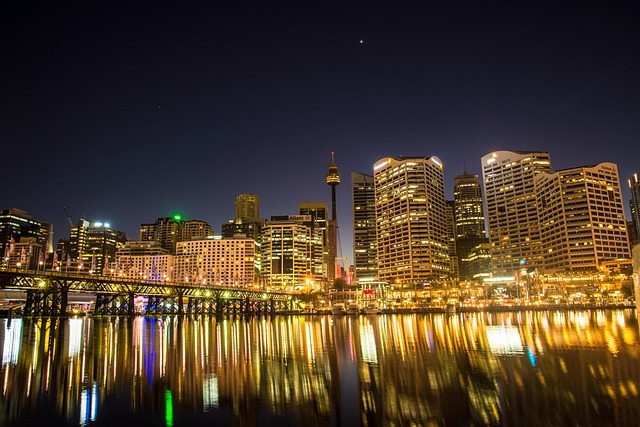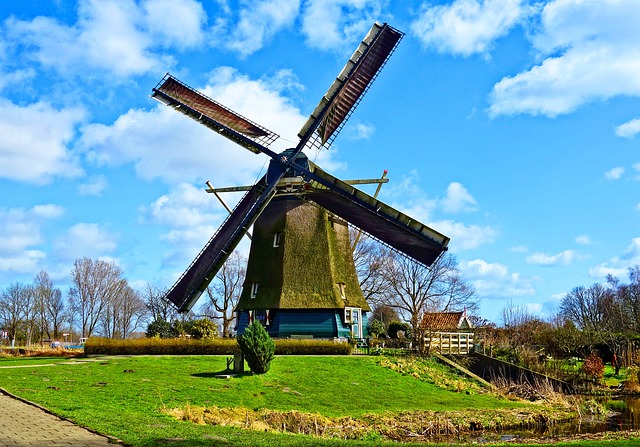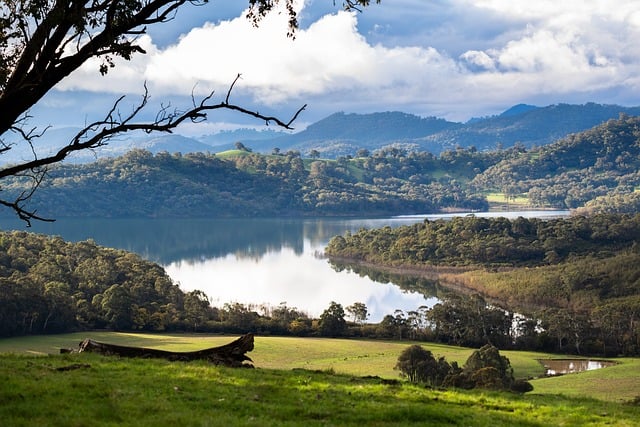Sustainable Tourism in the Netherlands – Exploring Responsibly in the Land of Windmills and Canals
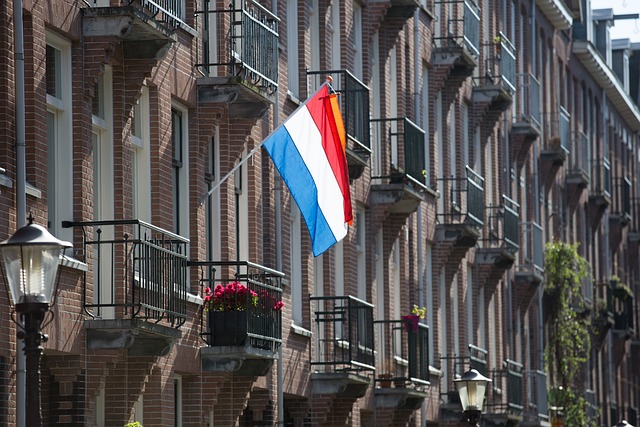
The Netherlands, with its iconic windmills, tulip fields, and picturesque canals, is a dream destination for travelers. However, as tourism continues to grow, so does the need for sustainable practices to protect the country’s natural beauty, cultural heritage, and local communities. The Netherlands has embraced sustainable tourism, offering visitors countless opportunities to explore responsibly. In this article, we’ll delve into what sustainable tourism means in the Dutch context, highlight eco-friendly initiatives, and provide tips for traveling sustainably in the Netherlands.
What is Sustainable Tourism?
Sustainable tourism focuses on minimizing the negative impacts of travel on the environment, culture, and local economies while maximizing the benefits. It involves making conscious choices that support conservation, respect local traditions, and contribute to the well-being of communities. In the Netherlands, sustainable tourism is a priority, with the government, businesses, and citizens working together to create a greener and more inclusive travel experience.
Why Sustainable Tourism Matters in the Netherlands
The Netherlands is a small, densely populated country with fragile ecosystems, such as its famous polders (reclaimed land) and wetlands. Mass tourism can strain these environments, disrupt local life, and contribute to carbon emissions. By adopting sustainable tourism practices, travelers can help preserve the Netherlands’ unique landscapes, support local economies, and reduce their carbon footprint.
Sustainable Tourism Initiatives in the Netherlands
The Netherlands is a leader in sustainability, and this extends to its tourism sector. Here are some notable initiatives and practices:
- Green Accommodations
- Many Dutch hotels, hostels, and B&Bs have adopted eco-friendly practices, such as using renewable energy, reducing water consumption, and offering organic, locally sourced food. Look for certifications like Green Key or EarthCheck when booking accommodations.
- Sustainable Transport
- The Netherlands is famous for its cycling culture, with over 35,000 kilometers of dedicated bike paths. Renting a bike is not only a sustainable way to explore but also a quintessentially Dutch experience.
- Public transport is another eco-friendly option, with an extensive network of trains, trams, and buses powered largely by renewable energy. Consider purchasing an OV-chipkaart for seamless travel.
- Eco-Friendly Attractions
- Many Dutch attractions prioritize sustainability. For example, Keukenhof Gardens uses environmentally friendly practices to maintain its stunning tulip displays, and the Efteling theme park runs on green energy.
- Nature Conservation
- The Netherlands has 20 national parks and numerous nature reserves, such as De Hoge Veluwe and the Wadden Sea (a UNESCO World Heritage Site). These areas are managed to protect biodiversity and promote eco-tourism.
- Circular Economy Initiatives
- Cities like Amsterdam are embracing the circular economy, which focuses on reducing waste and reusing resources. Visitors can support this by shopping at second-hand stores, eating at zero-waste restaurants, and participating in recycling programs.
Top Sustainable Travel Experiences in the Netherlands
- Explore Amsterdam by Bike or Boat
- Amsterdam is one of the most bike-friendly cities in the world. Rent a bike and explore its canals, parks, and neighborhoods at your own pace.
- Alternatively, take an electric boat tour to enjoy the city’s waterways without contributing to pollution.
- Visit Eco-Friendly Museums
- The Rijksmuseum and Van Gogh Museum in Amsterdam have implemented sustainable practices, such as energy-efficient lighting and waste reduction programs.
- The Museon in The Hague focuses on sustainability and global challenges, offering educational exhibits for all ages.
- Discover National Parks
- Explore the diverse landscapes of De Hoge Veluwe National Park, home to forests, heathlands, and wildlife. The park offers free white bikes for visitors to use.
- Visit the Wadden Sea, a unique tidal ecosystem where you can go mudflat hiking or birdwatching.
- Support Local Farmers and Markets
- Visit farmers’ markets like the Boerenmarkt in Haarlem or the Noordermarkt in Amsterdam to buy fresh, locally grown produce and artisanal products.
- Participate in agritourism by staying on a farm or visiting a cheese-making workshop in the countryside.
- Experience Sustainable Festivals
- The Netherlands hosts several eco-friendly festivals, such as DGTL Amsterdam, which focuses on sustainability through waste reduction, renewable energy, and plant-based food options.
Tips for Traveling Sustainably in the Netherlands
- Choose Eco-Friendly Transport
- Opt for trains, buses, or bikes instead of renting a car. The Dutch rail network is efficient and connects major cities and towns.
- If you must drive, consider renting an electric or hybrid vehicle.
- Reduce Plastic Waste
- Bring a reusable water bottle, as tap water in the Netherlands is safe to drink. Many cities have refill stations.
- Avoid single-use plastics by carrying reusable bags, utensils, and containers.
- Respect Local Culture and Nature
- Follow guidelines when visiting natural areas, such as staying on marked trails and not disturbing wildlife.
- Learn about Dutch customs and traditions to show respect for local culture.
- Support Local Businesses
- Eat at locally owned restaurants, shop at small businesses, and book tours with local guides to contribute to the community.
- Offset Your Carbon Footprint
- Consider offsetting your travel emissions by supporting certified carbon offset programs.
